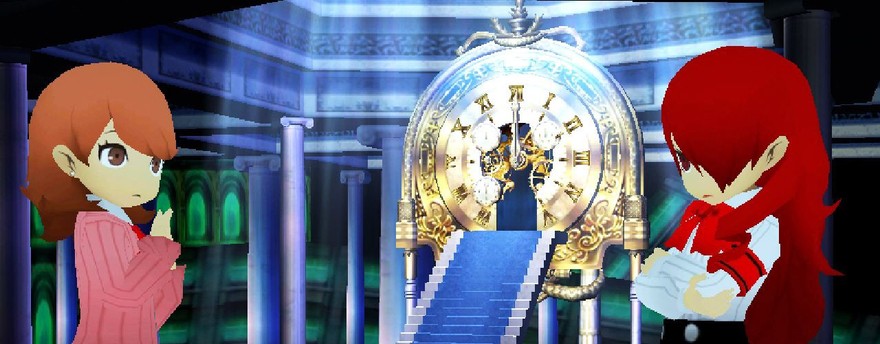Sometimes, if you combine all of the creative groups that you love into one endeavor, you start to forget why you were even interested in the first place.
As much as I love Dave Grohl’s drumming in Nirvana, Josh Homme’s thudding stoner riffs in Queens of the Stone Age and John Paul Jones’ solidifying bass lines in Led Zeppelin, it took considerable digging for me to remember that their short-lived combination, Them Crooked Vultures, even existed, much less why I’d pull out the album again. Supergroups are typically interesting on paper only; while it sounds thrilling to see your favorite stars performing in the same room, rarely do you come out with a product that’s memorable or stands on its own merits.
Hell, the Traveling Wilburys had just about every titanic songwriter of the 60s and 70s in the band, and all they turned out was the classic “Handle with Care” and two albums of moderate-to-good material. Sometimes these things work fine, and the rest of the time they don’t work at all.
In the same vein, Atlus has brought together three of their marquee RPGs together in Persona Q: Shadow of the Labyrinth: that is, Persona 3, Persona 4, and Etrian Odyssey. The latter is a decidedly old-school, first-person dungeon crawler designed to chew up and spit out all but the most hardened fantasy warriors, while the former are beloved social sim/traditional turn-based RPGs. Two great tastes that surely taste great together, right?

Yet another spinoff of the Persona series (itself a spinoff of the Shin Megami Tensei games), Persona Q leans heavily on the goodwill earned by the third and fourth installments, presumably to tide people over until a proper fifth game is released.
But, as might be predicted, it feels a lot more like fan-service than a canonized sequel. Shadow of the Labyrinth drops you back into the Persona-fied shoes of either Persona 3’s SEES team or Persona 4’s Yasogami High sleuths, at the old stomping ground of Yasogami High in the town of Inaba. A disturbance in the ether has these two worlds colliding: a mysterious clock tower has appeared during the school’s culture festival, and none of the students are acting normally. Dungeons have appeared in place of classrooms. The game retains the Scooby-Doo vibe that was so charming about the original Persona games (even down to the groovy logo font), though it’s been filtered through a chibi-fied lens, making everything cuter, more like a plush animal you’d buy at a Disney store than a character in a story.
In practice, this comes across as modern-day update to Etrian Odyssey’s swords and elves, but broadly, the Etrian games are the closest thing to videogame arts and crafts. As you explore the mutated high school, you’ll need to use the 3DS’s touchpad to draw a map of the dungeon, keeping tabs on secret passageways, treasure chests, and other oddities that may arise. Beyond the throwback to D&D-era RPGs (and the player’s acceptance that this is just a sidestep away from the Etrian series), the characters’ newfound interest in cartography is brushed aside, and feels at times like a superficial framing of what is otherwise a bunch of random enemy encounters.
While Etrian Odyssey’s core hacking and mapping appeal remains, it’s hard not to miss the Persona series’ focus on friendship and the day-to-day mundanity of being a teenager. Without needing to worry about which relationships you’re building with other students in order to level-up that strand of Persona—you’ve got soccer practice and band practice the same day, what’s a second-year student to do?!—summoning choices become a simply tactical decision, rather than related to the story at all, and the moments in between battles feel all the poorer for it.

The Persona games are designed to heighten the relationships of so many characters’ personalities that by the end of a 50-hour adventure, you’re as attached to the inter-party banter as the purported main plot. It’s understandable to want to revisit them, and a victory lap of a title like this is obviously aimed right at the heart of someone who has played the game multiple times. Even if it’s not a direct sequel to Persona 3 or 4, Persona Q: Shadow of the Labyrinth allows us a light-hearted reunion of these characters.
But as with most supergroups, criticisms probably don’t really matter. It’s an example of a game interested in nothing outside of its target fans’ hearts. There’s something earnest and likable about that, even if it means that the vast majority of the people on the planet will have a hard time seeing the attraction.
